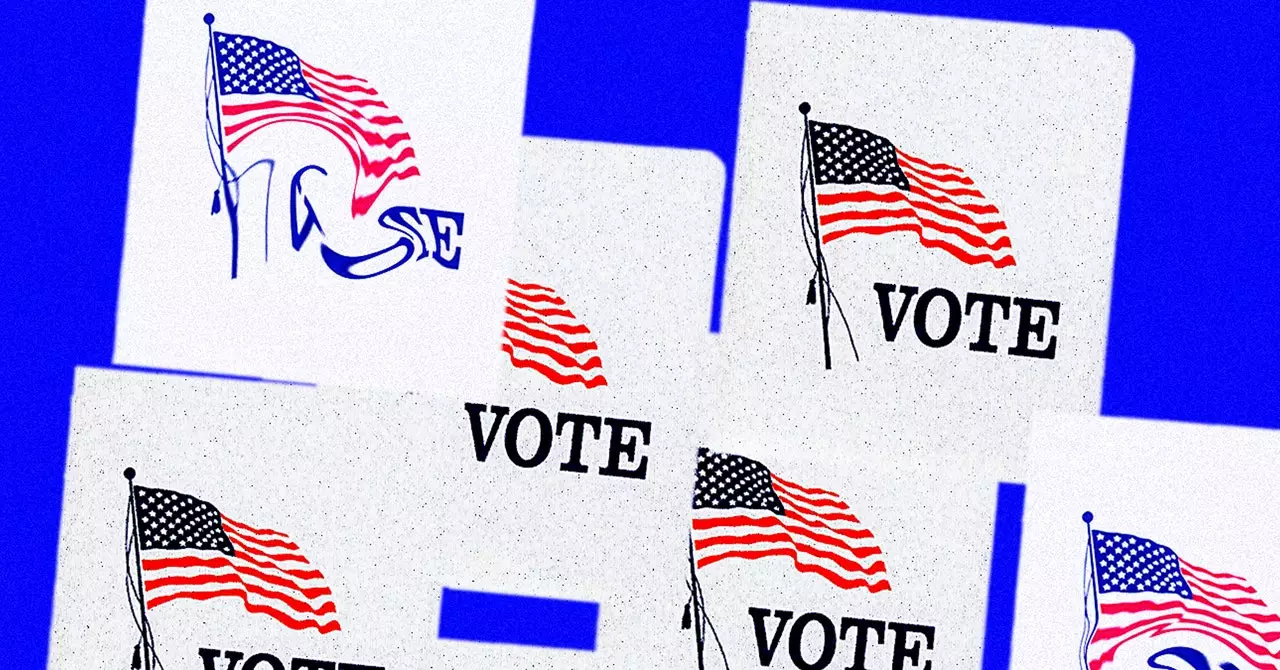In the realm of political communication, the emergence of AI-generated content has sparked a heated debate. The use of tools like BattlegroundAI, which harness generative AI technology to produce political messaging, raises concerns about the accuracy and authenticity of the information being disseminated. One of the primary worries is that AI tools have the potential to fabricate information, leading to what some may refer to as “hallucinations” in the content they generate. This poses a significant dilemma for politicians, as utilizing such tools could risk the integrity of their messaging.
Despite the allure of automation, the necessity for human oversight in AI-generated political content cannot be overstated. Hutchinson, the mind behind BattlegroundAI, emphasizes the importance of manual review and approval by campaign staff. While AI can serve as a valuable resource in streamlining certain tasks, such as copywriting, it should not be viewed as a standalone solution. Ensuring the accuracy and credibility of political messaging requires a human touch, especially in an era marked by heightened skepticism and misinformation.
Critics of AI-generated political content raise valid ethical concerns regarding consent and accuracy. The training of AI models on copyrighted or unlicensed data without proper authorization has drawn scrutiny from those advocating for more transparent practices. Hutchinson acknowledges these concerns and calls for dialogue with policymakers to establish ethical guidelines for AI technologies. By exploring models that rely solely on public domain or licensed data, BattlegroundAI aims to uphold ethical standards and provide users with reliable information.
From a progressive standpoint, the automation of ad copywriting presents a moral quandary. Those aligned with the labor movement may view AI as a threat to human creativity and employment. However, Hutchinson offers a different perspective, positioning AI as a tool to alleviate mundane tasks and enhance efficiency. By alleviating repetitive workloads, AI can empower under-resourced teams to focus on more strategic aspects of their campaigns. Despite the apprehension surrounding AI’s impact on labor practices, proponents argue that it can serve as a valuable asset in optimizing campaign operations.
The use of AI in political communication raises questions about public trust and perception. While some argue that AI-generated content is no less ethical than traditional methods, concerns persist regarding its long-term impact on public trust. Peter Loge highlights the potential erosion of trust in political messaging, as the proliferation of AI-generated content may fuel cynicism and skepticism among voters. The blurred line between authenticity and manipulation in AI-generated content poses a profound challenge to maintaining transparency and accountability in political discourse.
As the debate over AI-generated political content continues to unfold, it is imperative to engage in critical conversations about ethics and accountability. Hutchinson’s commitment to enhancing political communication through AI underscores the need for responsible innovation and ethical practice. By fostering transparency, facilitating dialogue, and prioritizing human oversight, stakeholders can navigate the complex landscape of AI technologies in politics. Ultimately, the ethical implications of AI-generated content demand careful consideration and proactive measures to uphold the integrity of political discourse in the digital age.

